When notarizing a contract in Vietnam, what finger will a person who does not know how to write use to make a fingerprint?
When notarizing a contract in Vietnam, what finger will a person who does not know how to write use to make a fingerprint? In Vietnam: Is it necessary for a person who requests notarization to have a witness if they cannot sign? What are regulations on scripts in notarized documents in Vietnam?
Hello Lawnet. My mother is 60 years old this year. Due to old age, she cannot hold a pen to sign the document to give land for her son. In the case that my mother does not know how to write, which finger will she use to make a fingerprint?
Thank you!
When notarizing a contract in Vietnam, what finger will a person who does not know how to write use to make a fingerprint?
Pursuant to Article 48 of the Law on Notarization in 2014 stipulating signatures, fingerprints in notarized documents as follows:
1. Notarization requesters, witnesses and interpreters shall sign contracts or transactions in the presence of notaries.
When a person competent to conclude contracts of a credit institution or another enterprise has registered his/her specimen signature at the notarial practice organization, he/she may sign the contract beforehand; a notary shall compare the signature in the contract with the specimen signature before notarization.
2. Fingerprints may be used instead of signatures in case notarization requesters, witnesses or interpreters are unable to sign because they are physically disabled or do not know how to sign. For his/her fingerprint, the notarization requester, witness or interpreter shall use his/her right forefinger; if he/she cannot use the right forefinger, he/she may use the left forefinger; if he/she cannot use both forefingers, he/she may use another finger; in this case which finger of which hand is used must be clearly stated.
3. Both fingerprint and signature may be used in the following cases:
a/ Notarization of testaments;
b/ At the request of the notarization requester;
c/ The notary finds it necessary to protect the interests of the notarization requester.
As regulations above, in the case that your mother does not know how to sign, she can proceed to make a fingerprint in the contract. When making the fingerprint, she will use her right index finger.
When notarizing a contract in Vietnam, what finger will a person who does not know how to write use to make a fingerprint? - Source: Internet
In Vietnam: Is it necessary for a person who requests notarization to have a witness if they cannot sign?
Pursuant to Article 47 of the Law on Notarization in 2014 stipulating notarization requesters, witnesses and interpreters as follows:
1. Notarization requesters being individuals must have civil act capacity.
For notarization requesters being organizations, notarization requests shall be made through at-law representatives or authorized representatives of these organizations.
Notarization requesters shall produce all necessary papers related to the notarization and take responsibility for the accuracy and lawfulness of such papers.
2. In case notarization requesters cannot read, hear, sign or press fingerprints, or in other cases prescribed by law, witnesses are required during notarization.
Witnesses must be full 18 years or older, have full civil act capacity and have no rights, interests or obligations related to the notarization.
Witnesses shall be invited by notarization requesters or, if notarization requesters cannot invite witnesses, be designated by notaries.
3. Notarization requesters who are not fluent in Vietnamese must have interpreters.
Interpreters must be full 18 years or older, have full civil act capacity, and are fluent in Vietnamese and the language used by notarization requesters.
Interpreters shall be invited by notarization requesters and take responsibility before law for their interpretation.
As regulations above, it is necessary for a person who requests notarization to have a witness if they cannot sign.
What are regulations on scripts in notarized documents in Vietnam?
Pursuant to Article 45 of the Law on Notarization in 2014 stipulating scripts in notarized documents in Vietnam as follows:
1. Scripts in notarized documents must be clear and legible, must not use any abbreviations and symbols, must not be written between two lines or over the lines, and must not be erased; no blank space is allowed, unless otherwise provided by law.
2. The time of notarization shall be expressed in terms of date, month and year; the hour and minute may also be indicated as requested by the notarization requester or considered necessary by the notary. Unless otherwise provided by law, numbers shall be written in both figures and words.
Above are regulations on scripts in notarized documents in Vietnam.
Best regards!
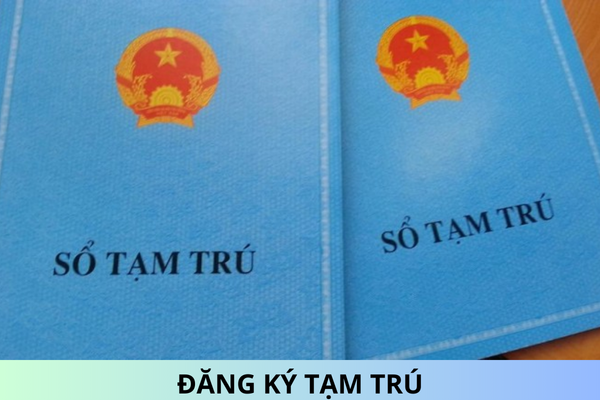
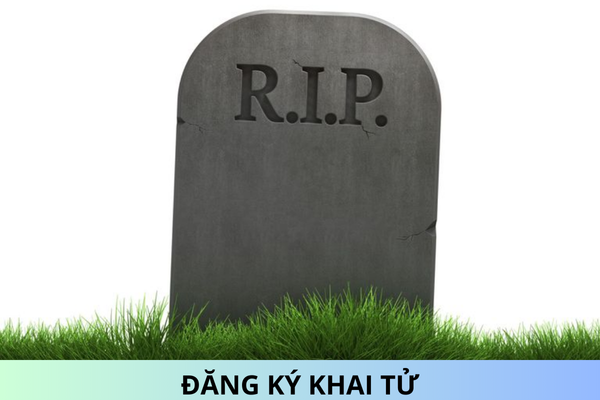

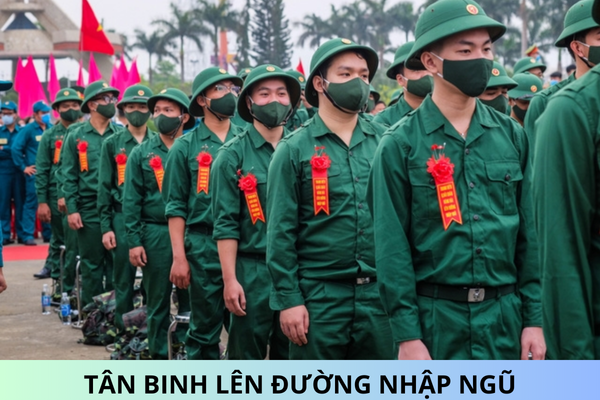
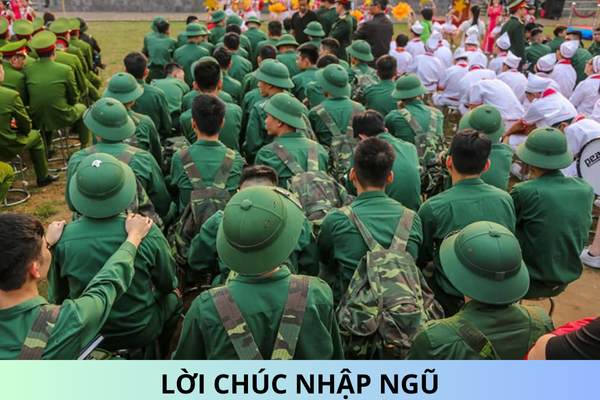
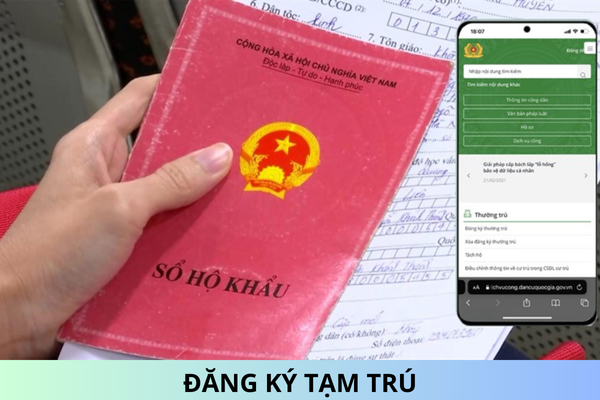



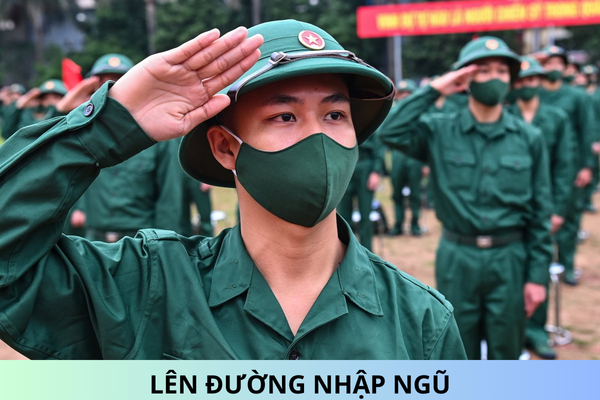
.jpg)
